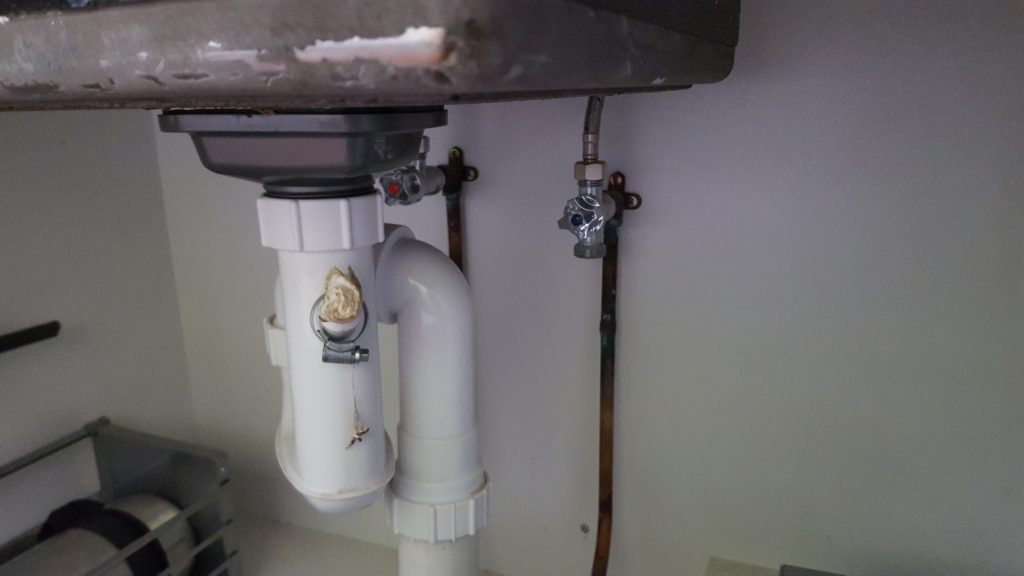Who stole my dishwasher?



A client rang this morning upset that the seller had taken the dishwasher & microwave with them. The buyer in question obviously expected these two items to remain with the property, the seller did not. So who was right?
There are a number of factors that determine who gets what:
- Is the item a fixture or chattel? Fixtures stay, chattels go.
- Has the item been included in the list of chattels that form part of the sale contract?
- Is there a special condition in the contract that specifically states whether the item is to stay or go?
Unfortunately life (and property settlements) is never easy. Although there is a legal definition of the term fixture, applying the test is difficult. The test is whether:
- due to the degree of annexation to the land and the intent evidenced by the party affixing it, it becomes part of the land
- the item can perform its function other than in the manner its currently situated, and how well affixed it is.
There is however a rule of thumb – a fixture is understood to be any item that is bolted to the floor or walls, and a fitting to be any item that is free standing or hung by a nail or hook.
That still leaves a few shades of grey. For instance, it has been common practice in WA for sellers to take the washing machine, but leave the dishwasher. Yet both are installed in much the same way – they slide into place, plug into the power point and connect to water/waste. So neither is really annexation to the land at all, but if it either was built into the cabinetry and couldn’t be easily removed, that changes the scenario.
Confused?
So what is the answer?
The following is an extract from a publication by Consumer Protection WA:
“The term fixtures relates to items which are a fixed part of the property, such as carpets, light fittings and built-in air conditioners. The term chattels refers to items in a property which can be moved and which are regarded as not being part of the structure, such as curtains, blinds, rugs and mats. When a property is sold, generally fixtures remain with the property while chattels are removed by the seller, unless otherwise stated in the contract. Since it might not be clear as to whether some items are fixtures or chattels, buyers and sellers should list all items in the contract, even items like window fittings, garden sheds, dishwashers and wall-mounted tumble dryers. For higher cost items such as dishwashers (or A/V equipment), which the buyer expects to remain in the property after settlement, it is helpful if the brand and model (or even serial numbers) are specified in the contract. The buyer and seller should ensure the contract is clear on what items will remain with the property and those which will be removed before settlement. Doing this will assist to prevent disputes involving fixtures and chattels.”
